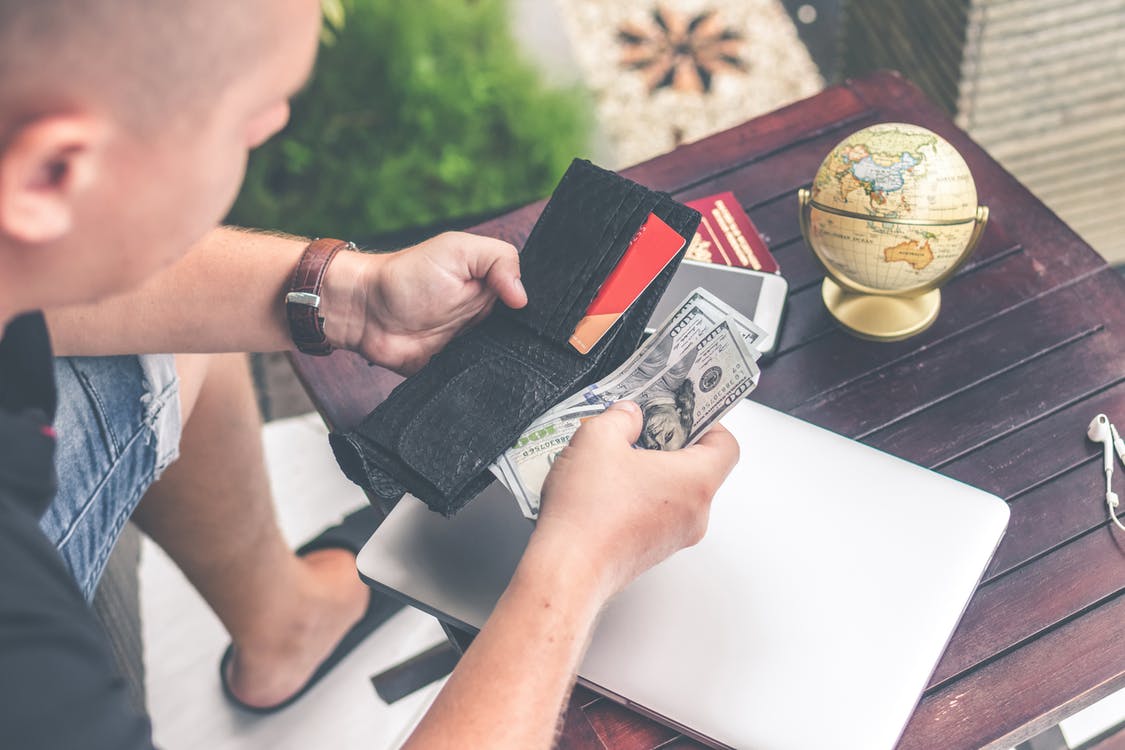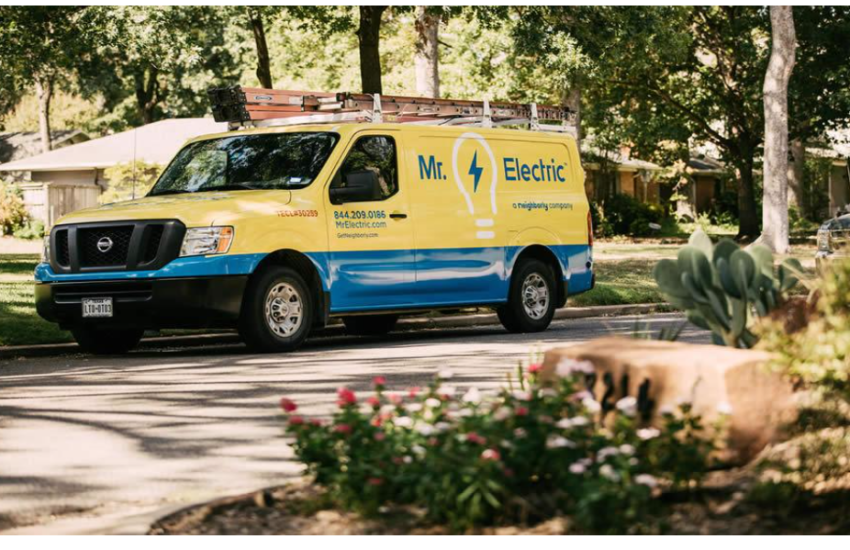Finances are personal: 3 important steps you should take to keep yourself in the black

Personal debt is being racked up at an astonishing rate in New Zealand. What this means is that many people have far more personal debt than they have money coming in. It can be incredibly difficult to get yourself back in the black when you start going into debt. Interest and fees, coupled with continued expenses and no increase in income can quickly tip you into catastrophic debt. Even relatively low rates of personal debt can cause feelings of anxiety, fear, depression and denial.
To make sure you don’t end up in the debt spiral, it’s important to keep yourself in the black and out of debt. Here are 3 important steps we feel you should take to do just that:
Use credit cards? Pay them off every month.
Do you treat your credit cards like they’re someone else’s money? Do you rack up purchases that you know you don’t have enough money in your bank account to pay off? Unfortunately, you’re not alone. Many people misuse credit cards by treating them like cash and only paying the minimum every month. In reality, you should be paying your credit cards off in full each month. Paying the minimum will only lead you into more debt, not out of it.
Don’t believe us? Use a credit card calculator to show how long it may take you to pay off your debt putting down just the minimum.
Know what you spend
This is an unpleasant and fundamentally important exercise in financial intelligence and security: know what you spend.
Each month, your money trickles away from you bit by bit and you may be left wondering where it all went, but no more! To stay out of date, you need to know what you spend your money on so that you can arrest unnecessary purchases and redirect your cash flow. List all your income and expenses so that you can better gauge not only what you spend, but also what you make.
You must make enough each month to cover the essentials—food, shelter, utilities, necessities like clothing (not designer handbags) and medications. Beyond that, you should be looking at allocating funds to debt repayment and savings.
If you don’t make enough to afford the essentials, then you need to increase your income and slash your expenses. Some hard decisions may need to be made, such as how much you spend on where you live. If your rent or mortgage is more than 25% of your monthly income, you should consider moving to a cheaper location.
Set up an emergency fund
One of the fastest ways people go into debt is when they are hit with unexpected costs and they don’t have any extra money to cover it. This is why it’s so important to have an emergency savings fund that allows you to keep your head above water when a catastrophic financial situation occurs. This could be anything from having your car break down, to losing your job, to going through a breakup.
If you are without an emergency fund, you can turn to something like a payday loan to make ends meet until you can get back on your feet. Go to prettypenny.co.nz for more information.

